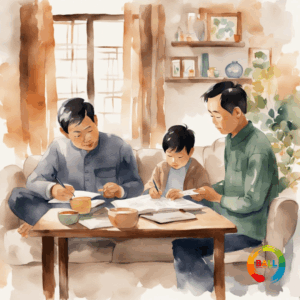Understanding C-PTSD begins with realizing that it is not an official diagnosis but a combination of symptoms in response to trauma. The American Psychiatric Association is currently working on including C-PTSD in the DSM’s next edition, professionals may also include it in future editions. C-PTSD has been added to the 11th addition of the International Classification of Diseases (ICD-11) Some responses to trauma such as difficulty in emotional regulation, negative-self talk, and relationship struggles are all directly linked to C-PTSD. This condition is caused by repeated and prolonged exposure to neglect, childhood abuse, trauma, and may also be physical or psychological.
Remember, C-PTSD is caused by repeated and prolonged exposure to abuse, including psychological abuse. This means that if one is in a relationship with a narcissistic person or has a parent with narcissistic traits, it is possible to develop C-PTSD as a result.
Verywell Mind
Signs of C-PTSD From Narcissistic Abuse
Verywell Mind lists some of the most common signs of narcissistic abuse which may be a risk factor in developing C-PTSD.
Here are the signs:
- Visual and/or emotional flashbacks
- Avoiding triggers or reminders of the traumatic events
- Hypervigilance and sense of threat in daily interactions
- Difficulties with emotional regulation
- Feelings of shame, guilt, and worthlessness
- Consistent struggles in interpersonal relationships
- Memory loss
- Having a close relationship with someone with a diagnosis of NPD or extreme narcissistic traits
The first step in treatment for C-PTSD is finding a healthcare professional trained in treating clients with trauma. Your healthcare professional will evaluate you for mental health diagnoses that may be causing you distress. You will learn new skills that will help you to regulate emotional responses as well. Living with C-PTSD can be challenging but treatment can help.
Reference: https://www.verywellmind.com/c-ptsd-narcissistic-abuse-5225119





